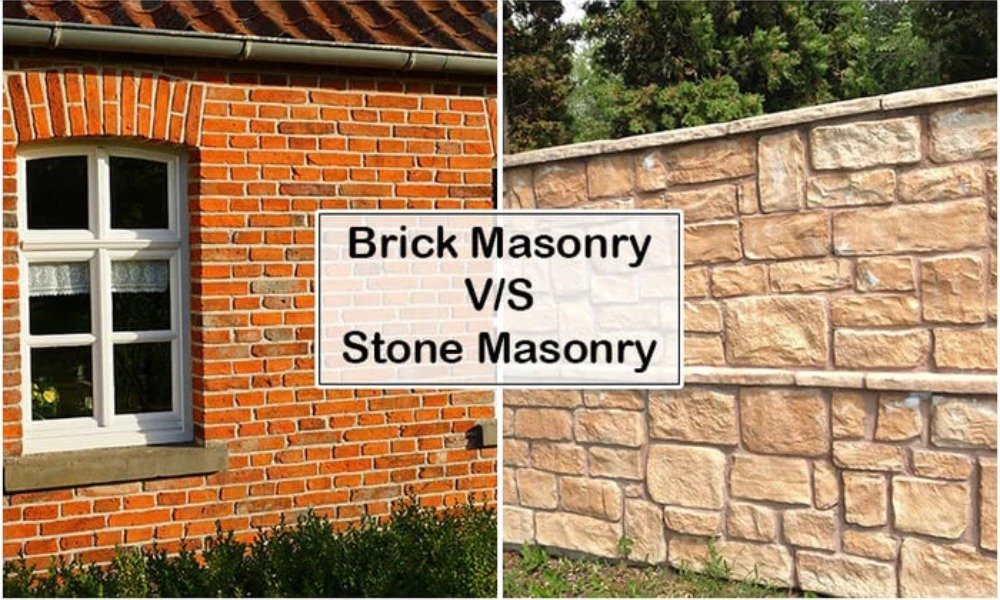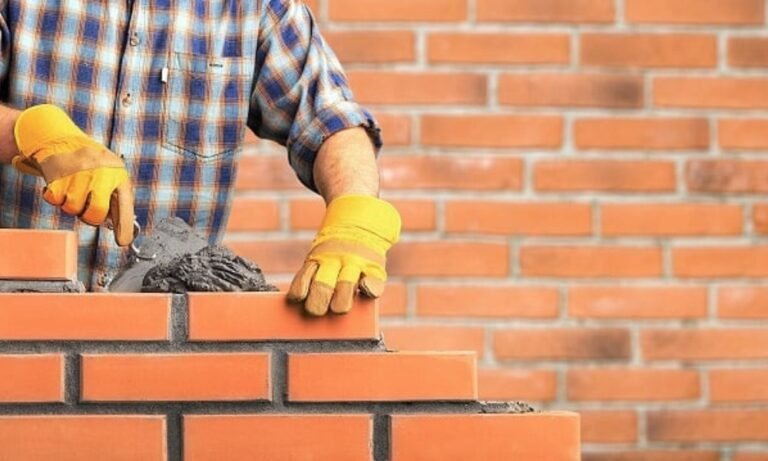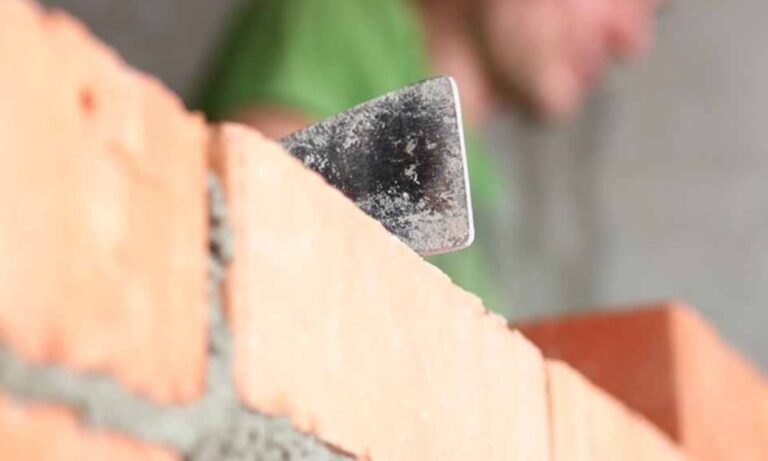Estimated reading time: 5 minutes
When you’re planning a construction or renovation project, choosing the right building material is one of the most critical decisions. Both brick and stone are time-tested options with distinct qualities. Over the years, I’ve seen both materials work wonders in different settings, but deciding which one suits your needs best depends on a few key factors. Let’s explore their strengths and see how they stack up.
What You’ll Learn in This Article
- The key differences between brick and stone.
- Benefits and drawbacks of both materials.
- Factors to consider when selecting the right option.
- Maintenance, durability, and cost comparisons.
- Tips for making the best choice for your project.
Brick Masonry: Reliable and Versatile
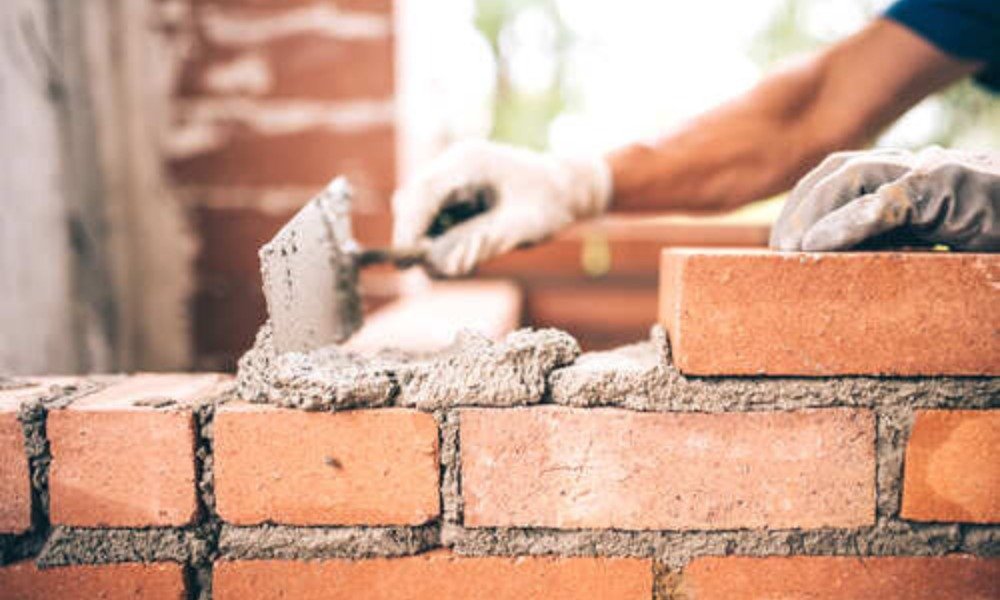
Brickwork is a staple in construction, prized for its uniformity, strength, and adaptability. Clay and concrete bricks are commonly used, and their consistent shapes make them ideal for many building styles.
Advantages of Brickwork
- Affordable: Mass production keeps costs low, making it a budget-friendly option.
- Design Options: Bricks come in a variety of colors and finishes to match modern or traditional aesthetics.
- Ease of Installation: The standard size of bricks simplifies the building process, reducing time and labor.
- Thermal Performance: Bricks can help regulate indoor temperatures in moderate climates.
Drawbacks of Brickwork
- Vulnerable to Moisture: Without proper sealing, water can seep in and cause damage.
- Regular Maintenance Required: Inspections are needed to prevent wear and tear, especially in damp environments.
Stone Masonry: A Timeless Classic
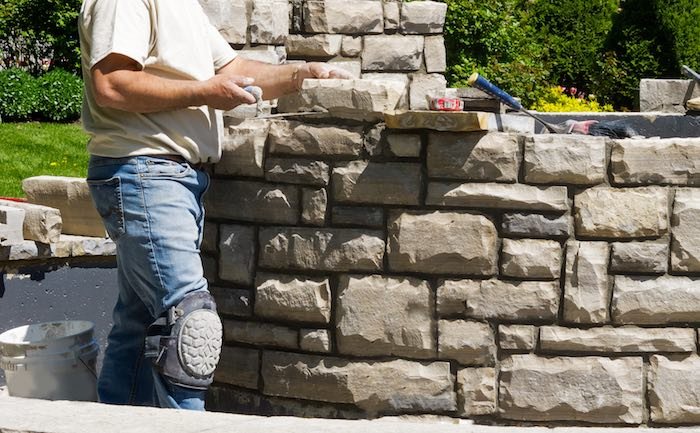
If you’re after durability and natural elegance, stone construction is an excellent choice. Whether it’s granite, limestone, or sandstone, these materials create an unmatched aesthetic while offering incredible strength.
Advantages of Stone
- Exceptional Longevity: Properly built stone structures can stand the test of time with minimal upkeep.
- Natural Beauty: Each piece of stone has unique colors and textures, lending character to every project.
- Minimal Maintenance: Harder stones, like granite, require little upkeep beyond occasional cleaning.
Drawbacks of Stone
- Higher Initial Costs: From material sourcing to labor, stone construction tends to cost more upfront.
- Labor-Intensive Installation: Shaping and fitting natural stone require skilled masons, which can increase labor expenses.
Cost Comparison
Bricks are often more cost-effective because they’re manufactured at scale and easier to install. Stone, while more expensive, delivers unmatched longevity and aesthetic value, making it an investment worth considering for high-end projects.
If you’re weighing costs, check out Understanding the Costs of Common Masonry Services for a deeper dive into pricing considerations.
Durability and Maintenance
Stone generally takes the lead in durability. It resists weathering and can last for centuries with minimal care. Bricks, though also strong, are more susceptible to water damage and require regular maintenance in harsh climates.
Routine inspections and repairs are essential for both materials. For tips on identifying early warning signs, visit Signs Your Home Needs Masonry Repair or Restoration.
Aesthetic Appeal
A project’s look often comes down to personal preference.
- Brick: Offers a polished, uniform appearance with a cozy, traditional charm.
- Stone: Brings a natural, rugged elegance that’s hard to replicate.
Looking to incorporate sustainable materials into your design? Eco-Friendly Masonry Materials for a Sustainable Home has great insights.
Project Suitability
The right material depends on the type of construction.
- Brick Masonry: Best for residential homes, office spaces, and schools where affordability and flexibility matter.
- Stone Construction: Ideal for retaining walls, outdoor landscaping, or premium buildings where durability and aesthetics are paramount.
Need help finding the right professional for your project? Check out How to Choose the Right Masonry Contractor for Your Home.
Weather Resistance
Brick and stone both hold up well in different climates but respond differently to the elements.
- Bricks: Perform well in moderate climates but need extra care in areas with heavy rainfall or freezing temperatures.
- Stone: Can withstand severe weather, though softer varieties may require sealing to prevent damage.
For seasonal care tips, visit How Weather Impacts Your Masonry: Tips for Maintenance.
Installation Differences
Installation processes for these materials differ significantly.
- Brickwork: Thanks to uniform shapes and sizes, bricks are easier and faster to install, reducing labor costs.
- Stonework: Requires more time and skill to cut and fit each piece properly, which adds complexity to the job.
Not sure whether to DIY or hire a professional? DIY vs. Professional Masonry: Why Expertise Matters can help you weigh the options.
How to Choose the Right Material
To decide which material suits your project, consider the following:
- Budget: If affordability is a priority, brick might be your best bet.
- Style Goals: Stone offers a natural, one-of-a-kind look, while brick provides a clean, consistent finish.
- Durability Needs: For projects requiring longevity and minimal maintenance, stone is an excellent choice.
- Climate: Evaluate local weather conditions to determine which material will perform better over time.
Conclusion
Both brick and stone have unique advantages, and the right choice depends on your project’s specific needs. Whether you’re building a cozy family home or an elegant outdoor feature, there’s no wrong answer—just the option that fits your goals best.
Need expert advice for your next project? Don’t hesitate to consult a professional masonry contractor. For more tips on hiring the right expert, visit Top Questions to Ask Before Hiring a Masonry Contractor.
Whatever you choose, you’ll be creating something built to last—and that’s always worth celebrating.
